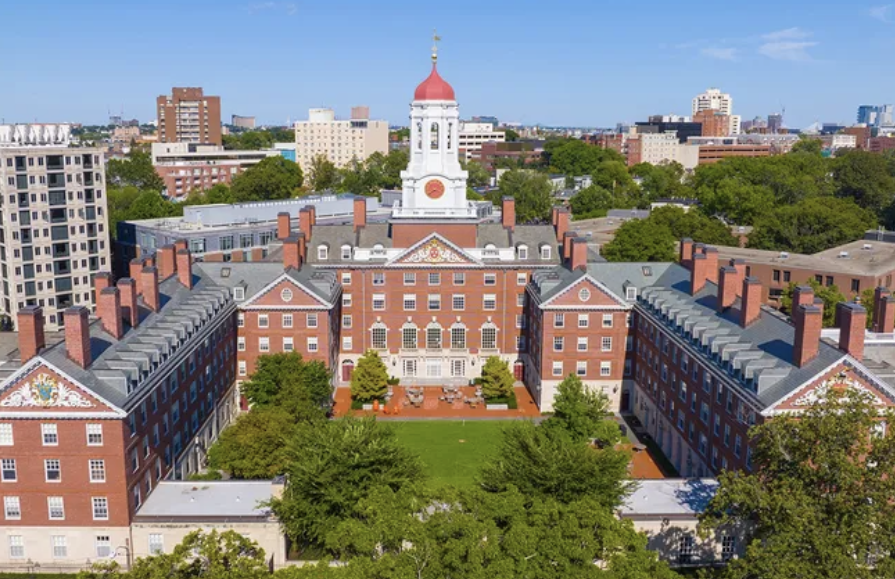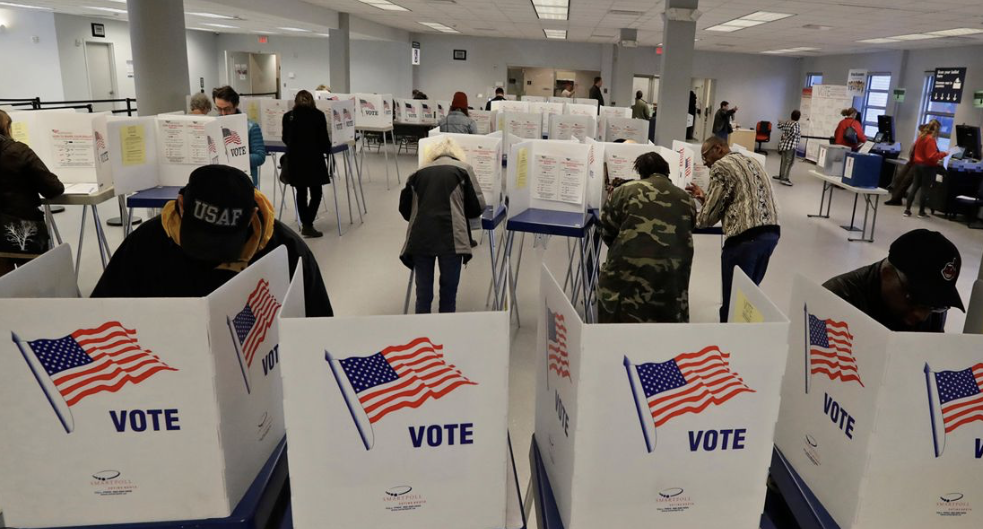The path to wealth for many families used to be getting into an Ivy League school, basking in the glory behind those stone-walls, and then landing a career where an endless river of money would deposit into their bank accounts. Now, to even get into a prestigious school, families need to be wealthy enough to pay for a private college-counselor, tailored to making sure that their child will be able to secure a spot in the door of narrowing admissions.
The feeding frenzy of getting into the right college is partly due to the significantly lower college admissions rates compared to a few years ago. In particular, Boston University used to accept 54% of applicants in 2007. Now, only about 14% of its applicants are admitted. In today’s cut-throat competition to get into college, many students can barely get into universities that used to be considered “safety schools.” In the midst of all the competition, students from high-income families are more likely to get into a highly selective college. The catch? A college counselor and $750,000.
Christopher Rim’s Command Education, a top college consultant company, is one of the many companies parents use to get their child into a prestigious school. Rim charges $750,000 for a six year consulting package and for some, it’s worth every dollar. One parent noted how Rim was able to help her son develop his entrepreneurial skills and gain acceptance to the University of Pennsylvania’s Wharton School. These college counselors are also available at all times with the same parent mentioning how she would text Rim at 11 p.m. and would get a reply within five minutes. However, wealthy parents aren’t the only ones concerned about their child’s future. Middle-class families explore the same anxieties, coupled with the added uncertainty of how to pay for their child’s education, which could set them back $90,000 a year, not including financial aid. Some families explore less costly options such as college counselors that cost hundreds of dollars instead of thousands or getting advice from their school counselor. However, some parents’ anxiety drives them to the point of desperation—into illegal territory.
In the notorious Varsity Blues scandal (2019), parents would pay a college adviser, Rick Singer, as much as millions of dollars to bribe admission officials and inflate test scores in the hopes of getting their child admission to a prestigious college. After cheating the admissions system for about eight years (2011-2018), Singer was sentenced to serve three and a half years in prison.
The ability of many wealthy parents to throw money towards their anxiety regarding their children’s college admissions is a contributor to the wealth gaps in education. Wealthy parents can invest more money, time, and resources into shaping their kid into the “ideal candidate” for their dream school. A study by economists, Richard Murnane at Harvard University and Greg Duncan at the University of California-Irvine, finds that between 1972 and 2006, there was a 150% increase in the amount high-income families would spend on their children’s activities while there was a 57% increase in the amount low-income families spent. Some parents start prepping their kids for the treacherous path of college admissions as early as middle school to maximize their chances of getting into their dream university. These affluent families usually have access to more prestigious schools and educational opportunities. A prominent example of this is the SAT. Wealthy families generally have access to tutors and test-prep to increase their children’s proficiency on the exam. In 2010, the gap between the wealthiest 10% and the poorest 10% regarding the reading and math portions on an 800-point SAT scale was approximately 125 points. Further evidence in a study done by Harvard economics found that Ivy Leagues and other top universities were more likely to accept students from the top 1% at twice the rate of students from other income groups that had similar test scores.
The implications of income disparity extend far beyond which students get admission into a prestigious school. This wealth gap has a profound social and economic impact. Income inequality has continued to grow over the past three decades while the wealthiest continue to remain at the top of the economic ladder. If middle and lower class families are not given the same opportunities and education, then they will not get the chance to break free of their constraints and advance to the top of the economic hierarchy. If only a select number of the elite is receiving the best educational opportunities and income, then the rest of the workforce will be under-developed, presenting a significant disadvantage to the economy. The economy would benefit from utilizing everyone’s potential and giving everyone equal opportunities to improve their conditions, regardless of their income or social class.
While the path of wealth for many families used to be getting into an elite school and landing a high paying job, the same path may not remain practical for all. Maybe so many people have tread along the path so that it’s worn out and less productive. The path could be blocked off, or there may be, simply, a better path without all of the winding turns. The myriad of ways to be successful can’t be quantified, only left to imagination, but one thing is clear: not every path to success includes a college counselor for $750,000.



